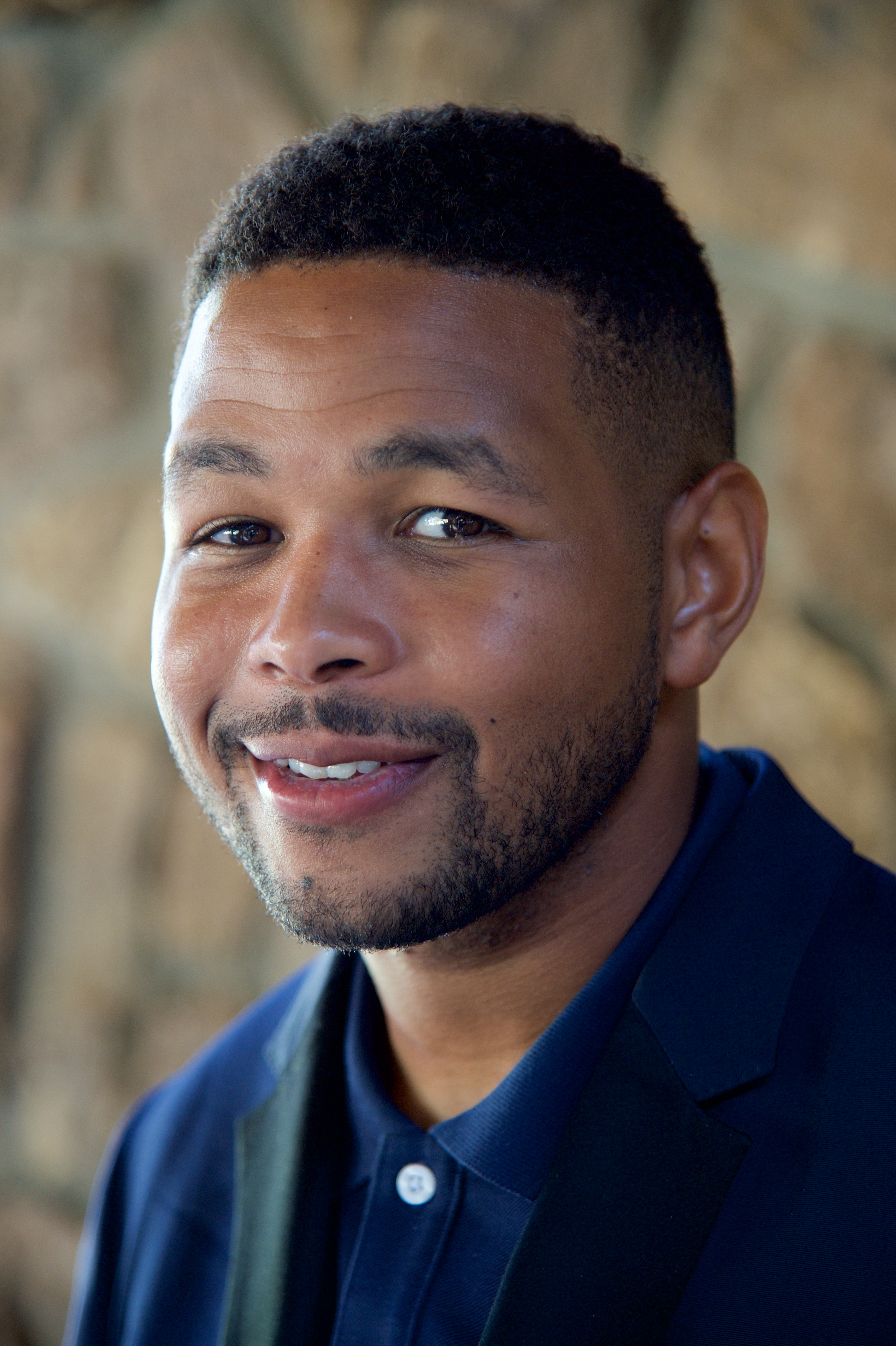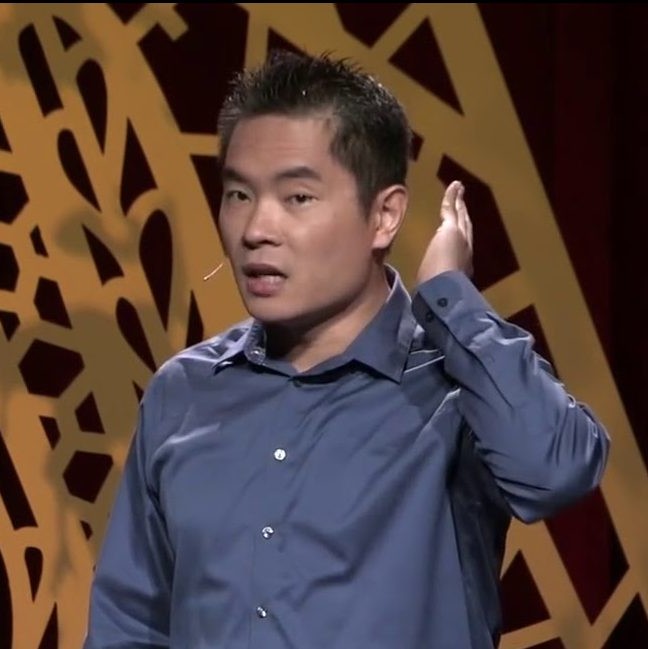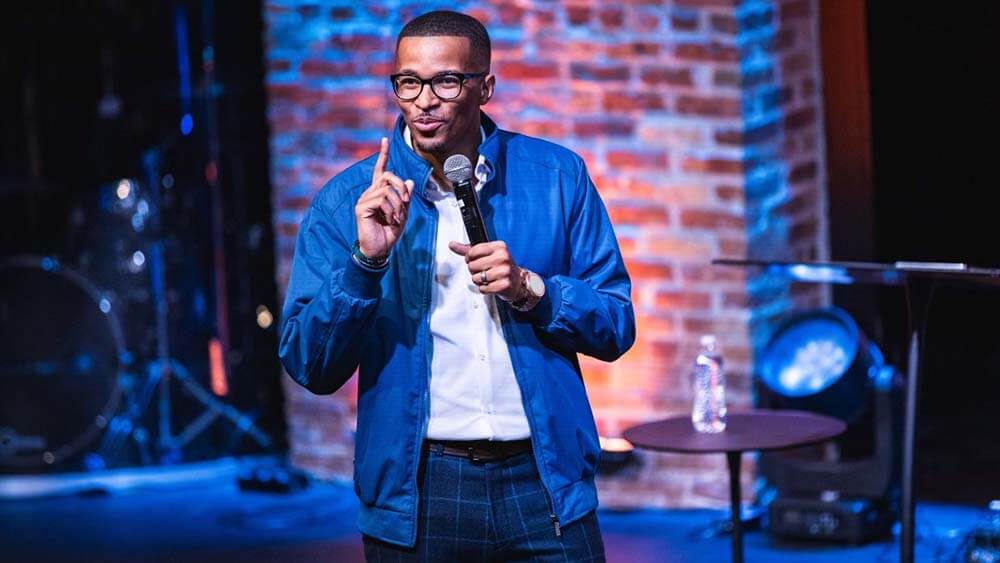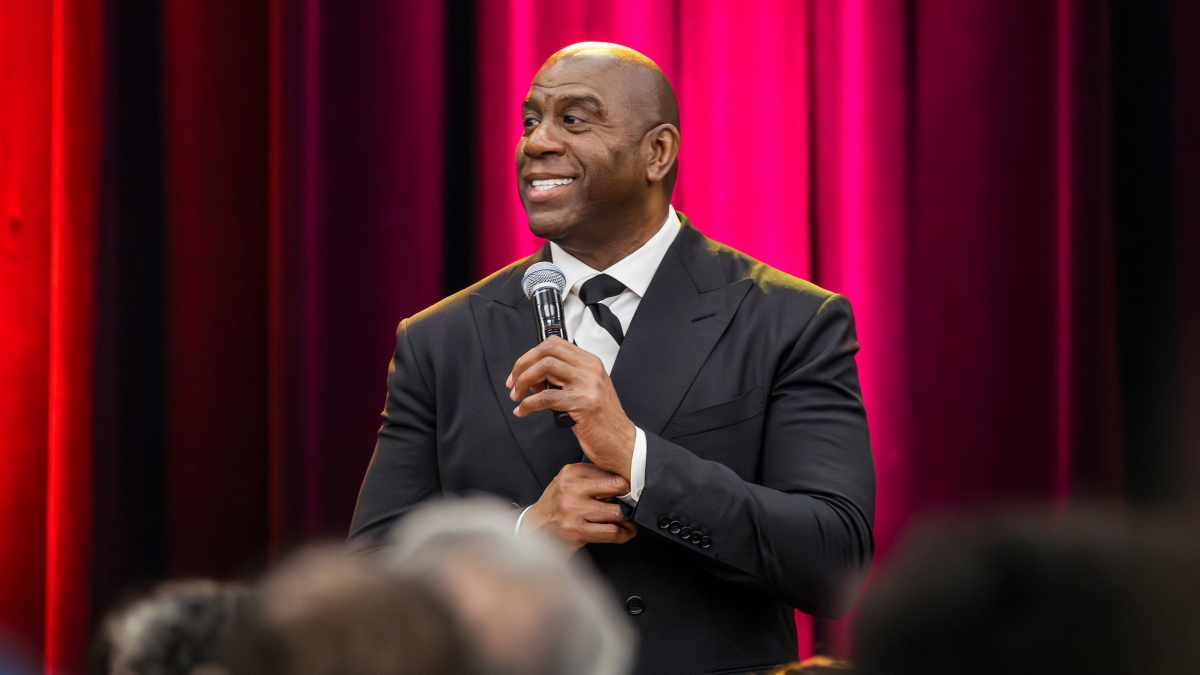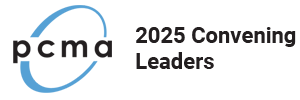In his entertaining and informative keynote speech, Ben Casnocha reminds audiences that when companies tell their employees that their business is just like a family – thus expecting some kind of life long commitment from their employees, it’s a thing of the past.
He talks about the way that companies decades ago used to hire and train their new employees creating loyalty and offering real job security. In those days, both employee and employer pledged a career long loyalty to each other. Ben notes that in 1963, a GE executive stated that ‘employee job security is a prime corporate objective’ and then Ben asks his audience, do ANY of you feel like you have security in your job??
He shows a photo of his own family with him as a young boy and says “it would be unthinkable for my dad to sit me down as a kid and say ‘I’m sorry Ben, there’s no longer a place for you at the Casnocha’s. Your table setting skills are doing nothing to deliver the kind of exceptional customer performance we’re looking for – we’re going to have to let you go but, don’t take it personally, it’s just family!”
He points out that this is one of the fundamental disconnects of modern employment – it’s based on a lie! However, just as companies play the ‘we’re family’ game, employees are busy looking for the next and better deal. When companies say ‘we’re a family here’ what they really mean is we know how to treat employees with compassion and respect, but the idea of an employment guarantee is much more rare today than ever before.
In our current competitive and dynamic global economy, companies have become more flexible (meaning they can fire employees whenever they need to) and as a result, career long loyalty is a thing of the past. As such, employers have gravitated to more of a free agent approach with their employees.
As a result of this free agent approach, both companies and employees have minimized their relationship. The trust that was so important to doing great work has been supplanted with flexibility on both sides – the employer can easily lay people off and the employee can easily take the training they’ve gained and use it to increase their own value elsewhere at a new job.
How then do companies preserve the trust of their employees (as in the ‘we’re a family model), yet still maintain the flexibility they need to survive the fast shifting global economy (the free agent model).?
How can large projects that require years of innovation and dedication really happen in an atmosphere where an employee knows their value can change daily and an employer knows their talent can leave for a better deal at any time???
How do you recruit, manage and retain an entrepreneurial employee??
These are the questions that Ben Casnocha tackles in his work and in his fascinating keynote speech.
Ben discusses the hypothesis he created with his co -author and Linked-in founder Reid Hoffman in his book The Alliance where he makes the case to stop treating employees like family members and stop treating them as free agents but rather, see them as allies. In an alliance, both sides are investing in each other for mutual benefit. In Ben’s equation, mutual trust plus mutual investment equals mutual benefit. It’s a new compact based less on loyalty and more on mutual benefit. In this way companies make and help build entrepreneurs and those new entrepreneurs strengthen companies.
Ben Casnocha Isn’t a full time keynote speaker – he works at a desk and runs companies and teams, but his goal is the same wherever he goes; he just strives to impact others.


